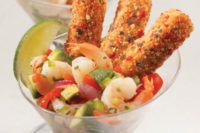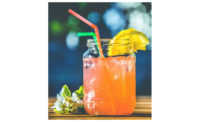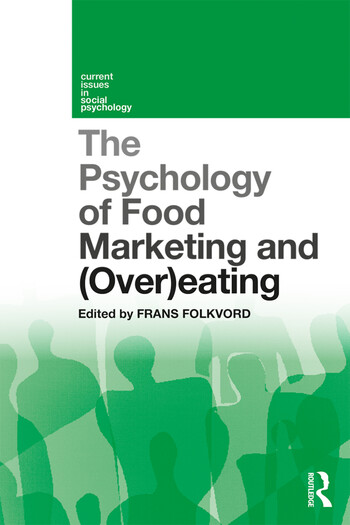Caffeine and Cognition
A recent study has added new evidence to caffeine's effect on cognitive performance in children and teens.

Jennifer Temple, PhD, University at Buffalo, recently investigated with graduate student Adam Graczyk whether male and female children perform differently on five separate tasks in response to caffeine.
Using a sample size of 96 children and adolescents, they measured developmental and gender differences in subjects who were given caffeine or placebo and then put through memory tests, reaction time tests, and color-word tasks.
The results showed that caffeine increased the number correct in the memory tests, and that females had more correct responses than males in simple reaction time and color-word tasks. There were also differences across the menstrual cycle in the females.
According to Temple, "This is the first study in children and adolescents to report sex differences in responses to caffeine on cognitive tasks as well as different responses according to the girls` menstrual cycles. It suggests that if we look at caffeine as a model for illicit drugs, men and women respond differently because of circulating steroid hormones. Moving forward, this could be helpful in developing treatments for drug addictions based on gender."
In a separate study addressing caffeine, Temple along with her PhD student Leah Panek wanted to find out whether pairing a flavored food (in this case yogurt) with caffeine consumption would increase one`s perceived likeability of that food.
They tested whether a caffeinated beverage paired with a novel flavored yogurt would increase preference for that yogurt compared with placebo. A total of 68 men and women ages 18-50 were randomized to receive a beverage containing placebo or caffeine and then consumed a low energy density yogurt or high energy density yogurt.
The flavors were not typical of yogurt in order to avoid any taste preferences in place prior to the study; they included almond, maple, peppermint, pumpkin pie, raspberry-lemon, strawberry coconut, and savory (cumin).
Results showed that after rating and ranking the seven yogurts over four days, yogurt liking increased over time, with the yogurt paired with caffeine liked more than yogurt paired with placebo.
"Next we'd like to do the same experiment with fruits and vegetables, in order to capitalize on the fact that people already consume caffeine," Temple said.
The finding will be presented at the American Society for Nutrition's scientific sessions at Experimental Biology.
Looking for a reprint of this article?
From high-res PDFs to custom plaques, order your copy today!







